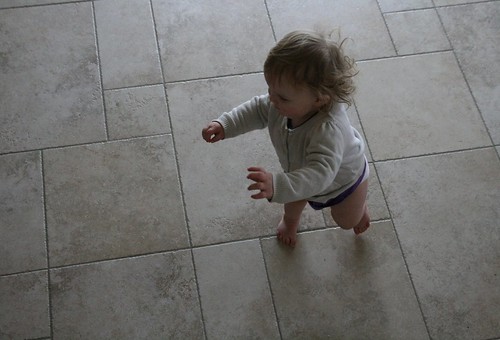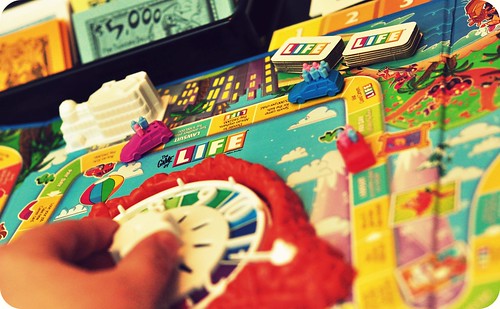I read this story last summer, and I didn’t fully understand it. I loved it, and I bookmarked it, and I read it a half-dozen times, but I didn’t really get it.
It was about Bob Bradley, the former coach of the U.S. men’s soccer team. The story was by Luis Bueno, who used to cover Bradley when he was the coach of Chivas USA. And the reporter remembers one thing about Bradley:
The work.
No matter the results on game day, at practice, all Bradley wanted to talk about was the work. Writes Bueno:
It seemed like every time I caught Bob Bradley after a training session, he brought up the work. The work was good, the work was getting better, the work, the work, the work… It was hardly ever about wins and losses, mostly always the work.
And when I read that story for the first time, it only kind of clicked. It had been a long time since I had worked really, really hard. I had gotten lazy. The passion wasn’t really there. I’d become one of those guys that Todd Snider was thinking of when he sang, “Everybody wants the most they can possibly get / For the least they can possibly do.”
And that story about Bob Bradley was one of the ones that got me moving again. I had to wake up in the morning and do the work. To miss a work day? Unacceptable.
But I still didn’t really understand what all that meant. It wasn’t until recently when it fully clicked. I’ve been on a heavy work binge — on Stry, on side projects, on the Belly Challenge, on my personal life. I’ve been putting in the work, and I’ve been filling up my TeuxDeux and crossing it off and filling it up again. Damn if I’m not as happy as I’ve ever been — even though I’m working as hard as I’ve ever worked.
Then I saw this quote by Jay Bilas, the former Duke basketball star and current ESPN commentator. He wrote a fantastic piece on toughness, and this quote absolutely floored me:
“I was a really hard worker in high school and college. But I worked and trained exceptionally hard to make playing easier. I was wrong. I once read that Bob Knight had criticized a player of his by saying, “You just want to be comfortable out there!” Well, that was me, and when I read that, it clicked with me. I needed to work to increase my capacity for work, not to make it easier to play. I needed to work in order to be more productive in my time on the floor. Tough players play so hard that their coaches have to take them out to get rest so they can put them back in. The toughest players don’t pace themselves.”
And there it was: Work begets more work. Until you put in the work, you don’t know how hard you can really go. Only with work can you understand.
So today is a work day. Today, I will do the work.
Will you?









